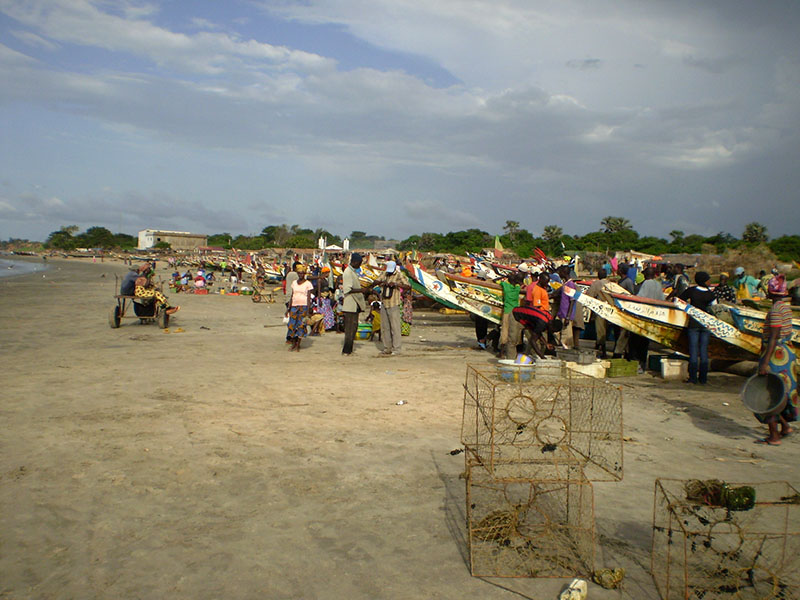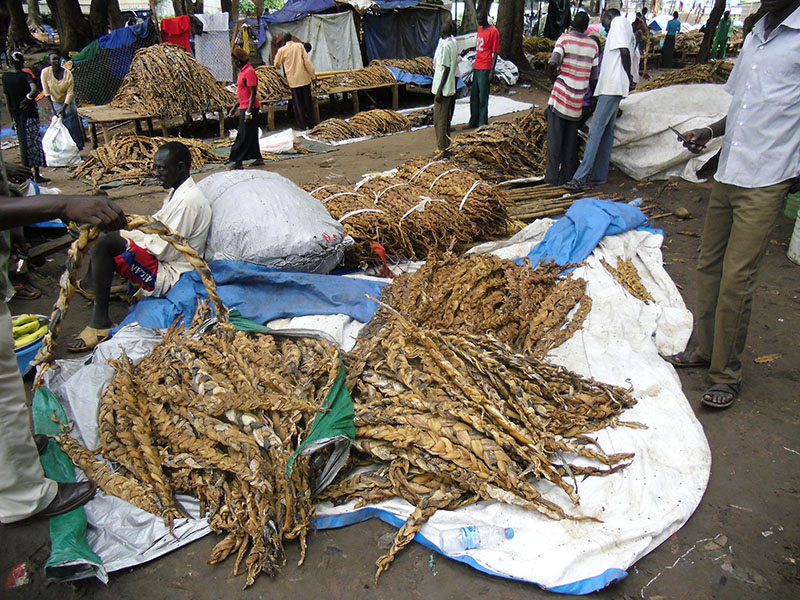
And you will feed him for a day. Teach a man or a woman to fish and you will almost certainly upset someone, somewhere. The fisheries and aquaculture sectors have certainly not benefited from great PR, and commonly held perceptions are almost universally negative: depleted cod stocks, the common fisheries policy, illegal fishing in Africa, corruption, over-fishing, the plight of the blue fin tuna, environmentally unsustainable aquaculture practice, wild salmon stocks in danger from disease introduced from aquaculture, Hugh's big fish fight – the list is endless.
However, the reality is somewhat different. Take Africa for example: Africa produces about 10 million tonnes of caught and farmed fish per year, providing jobs for 5.5 million fishers and farmers, and at least three times that number elsewhere in the value chain. Fish provide a vital source of protein for rural and urban communities. Indeed, fish is often the protein of choice for reasons of taste and price. The sector is vitally important economically to many countries in Africa and contributes to national wealth through taxation revenue and export.
Capture fisheries and aquaculture face very different challenges:
It is generally accepted that the level of exploitation of the African capture fisheries is close to its maximum level. However, this is not so in terms of the value this fishery affords to the African nations that own the resource. Illegal and unregulated fishing, localised overfishing and market failures are all symptoms of an underlying problem: non-functional management models, in other words poor governance.
The challenge is to devise and introduce fair and equitable management models. NRI has been working with the NEPAD Agency and other partners on the DFID funded Partnership for African Fisheries Governance and Trade (PAF), with the objective of developing and introducing a comprehensive African fisheries reform strategy.
 Aquaculture, on the other hand, is in its infancy in Africa. The challenge here is to promote responsible growth. Although aquaculture production in sub-Saharan Africa has grown four-fold in the last ten years, this is from a small base. The potential is huge and through PAF, NRI has been working with the Lilongwe University of Agriculture and Natural Resources at Bunda on aquaculture systems in Malawi, Ghana and Sierra Leone.
Aquaculture, on the other hand, is in its infancy in Africa. The challenge here is to promote responsible growth. Although aquaculture production in sub-Saharan Africa has grown four-fold in the last ten years, this is from a small base. The potential is huge and through PAF, NRI has been working with the Lilongwe University of Agriculture and Natural Resources at Bunda on aquaculture systems in Malawi, Ghana and Sierra Leone.
And it is a sellers' market for fish in Africa.
A combination of high market demand with proven traditional processing methods means that fish reaches its regional and domestic markets. The problem is that there simply isn't enough of it. This underscores the importance of increasing production through aquaculture.
More recently, NRI has been working with DFID China, NEPAD Agency and the Ministry of Agriculture in China to explore strategies that support aquaculture in Africa through learning between China and Africa.
The Partnership for African Fisheries Governance and Trade is a DFID funded five year project which is seeking to bring about comprehensive African fisheries reform. It is being implemented by the NEPAD Agency. NRI has been involved as an implementing partner since its inception in 2008. (http://www.nepad.org/foodsecurity/fisheries/about)

